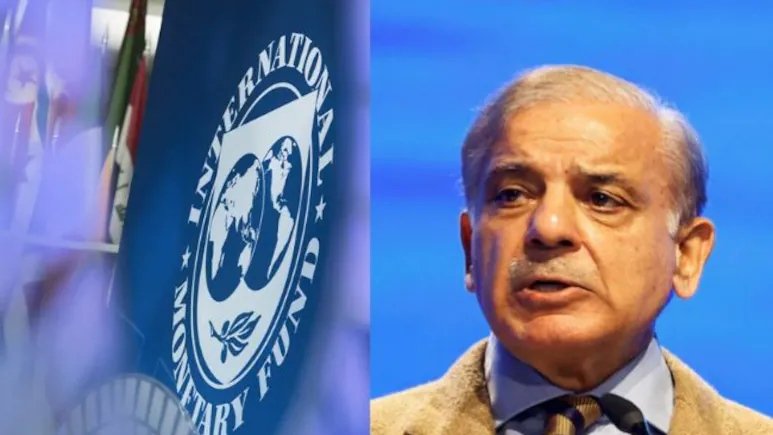The International Monetary Fund (IMF) has defended the $1 billion (more than Rs 8,000 crore) bailout package for Pakistan, stating that the debt-laden nation achieved all the necessary requirements to qualify for the most recent loan installment. The IMF disbursed the funds while Pakistan was engaged in random firing against India, following the initiation of Operation Sindoor by the Indian military, targeting terror infrastructure within Pakistan and Pakistan-Occupied Kashmir (PoK).
The IMF’s justification follows India’s request for a reassessment of its $2.1 billion bailout to Pakistan, alleging that the country permits terrorists to use its territory for orchestrating state-sponsored attacks on Indian citizens. Defence Minister Rajnath Singh stated last week that assistance to Pakistan constitutes a “form of indirect funding to terror.”
The IMF released $2.1 billion to Pakistan in two installments as part of its Extended Fund Facility (EFF) program. The worldwide financial institution and Pakistan entered into an agreement for $7 billion last year under the EFF.
In support of its loan, the IMF’s communications director, Julie Kozack, stated, “Our Board found that Pakistan had indeed met all of the targets. It had made progress on some of the reforms, and for that reason, the Board went ahead and approved the program.”
ALSO READ: Special NIA Court in Churachandpur to Handle Manipur Ethnic Violence Cases
Kozack also spoke about the tensions between India and Pakistan, expressing hope for a peaceful settlement between the two nations.
“With respect to Pakistan and the conflict with India, I want to start here by first expressing our regrets and sympathies for the loss of life and for the human toll from the recent conflict. We do hope for a peaceful resolution of the conflict,” she said.
IMF’s Criteria for Monetary Fund
Last week, the International Monetary Fund imposed 11 additional conditions on Pakistan for disbursing the next installment of its bailout program and allegedly cautioned that conflicts with India could increase the risks to the program’s fiscal, external, and reform objectives.
A report states that the updated conditions entail the parliamentary endorsement of a new Rs 17.6 trillion budget, a rise in the debt servicing surcharge on electricity bills, and the removal of limits on importing used cars older than three years, among other factors.
An additional requirement specifies that the government must develop and release a plan detailing its financial sector strategy after 2027, including the institutional and regulatory framework starting in 2028. The IMF stated that Parliament will pass legislation to permanently establish the captive power levy ordinance by the end of this month.
The IMF has stipulated that Pakistan must develop a plan based on the assessment carried out to completely eliminate all incentives related to Special Technology Zones and other industrial parks and zones by 2035.














